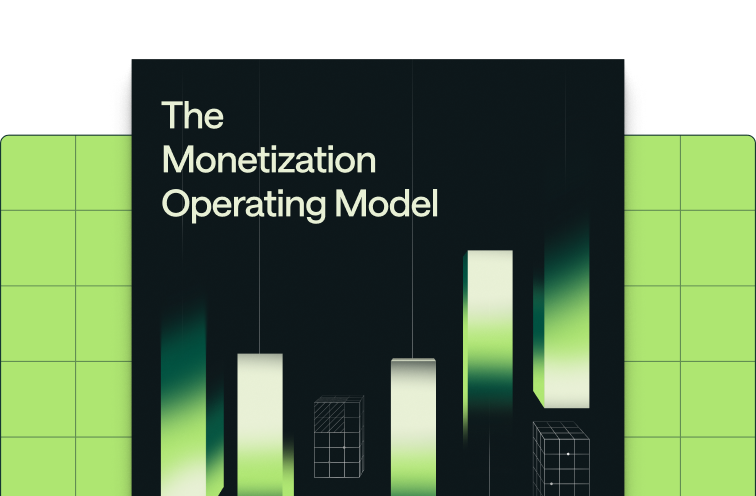Share
Spring is in full bloom and we’re back with the April edition of In Tempo. This month we’re excited to share the investments we’ve made in enterprise-grade security as well as new functionality in the Metronome app that simplifies integration workflows and customer management.
What’s new
Enable role-based access control (RBAC)
Billing is a key part of a company’s financial system, making it critical to ensure the right access controls are in place. With the release of RBAC, customers can now easily manage user access and permissions.
Metronome supports three default roles as well as custom roles depending on an organization’s needs. The default roles are:
- Administrator: Ideal for project leads who need full functional access along with administrative controls. Administrators have full CRUD (create, read, update, and delete) access to all components of the Metronome system.
- Writer: Ideal for working team members who are responsible for configuring and maintaining Metronome, including integrations with other systems. Writers have CRUD access to everything in Metronome, with the exception of API key creation and updating account level settings, such as configuring integrations or invoice finalization settings.
- Reader: Ideal for a non-acting member of the working team that needs access to Metronome data. Readers can view all components in Metronome, but have no create, update, or delete access to any parts of the system.
RBAC is available to all customers who have SSO set up with Metronome. Contact your Metronome representative if you’re interested in setting up RBAC or SSO and see our docs for additional information.
Create entity mappings of custom fields in Metronome
Entity mappings on custom fields give customers the ability to manage integrations between Metronome and their tech stack. For example, you could use entity mapping to map the ‘stripe_product_id’ custom field in Metronome to a ‘Product’ or ‘Charge’ on a Stripe invoice. You could also map the ‘tax_code’ custom field in Metronome to a Stripe invoice to enable downstream tax integrations.
To create or update entity mappings between Metronome and 3rd party integrations, visit General Settings > Integrations.

Signed event ingest
Customers now have the option to sign and verify usage events before sending them into Metronome. This security feature ensures the authenticity of every usage event and confirms they originated from your infrastructure. If you’re interested in enabling this capability, please contact your Metronome representative.
Add ingest aliases when creating a customer
We’ve streamlined the process to add ingest aliases to customers. Now you can add them directly while creating a customer. Previously, you would need to navigate to the Settings tab and add aliases individually after a customer was created.
Get in touch
Enjoying our changelog? Have feedback on how we can improve it? We’d love to hear from you! To learn more about these features, get in touch with us here or reach out to your Metronome representative.

.png)










